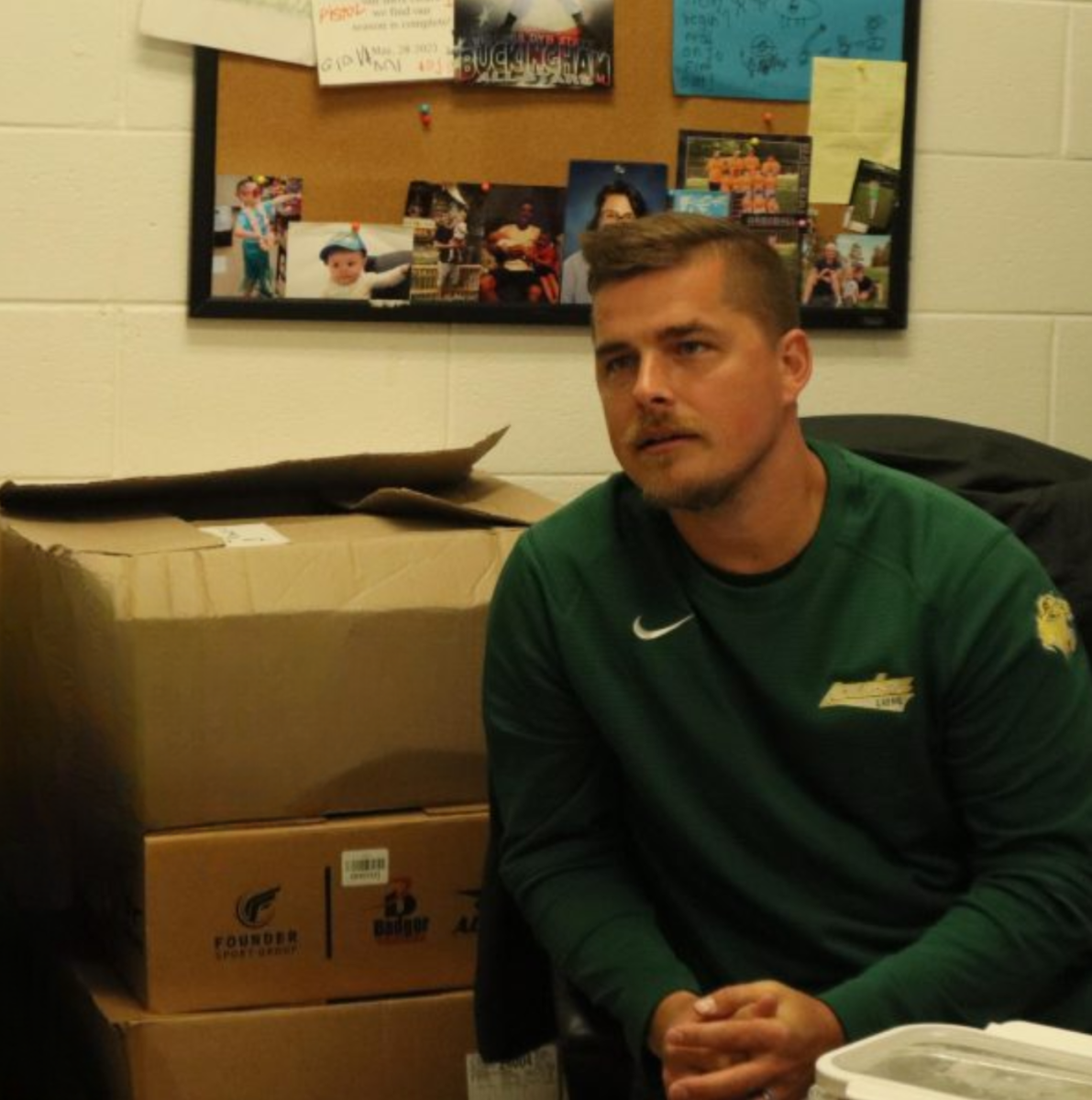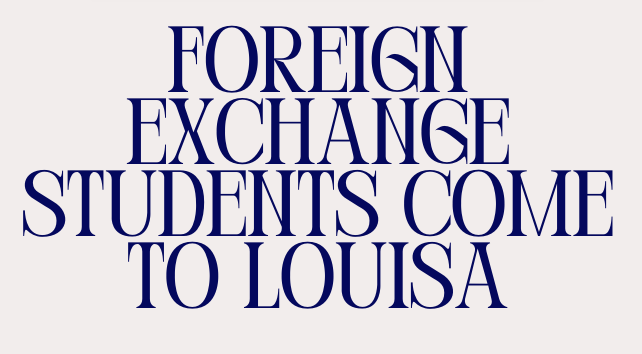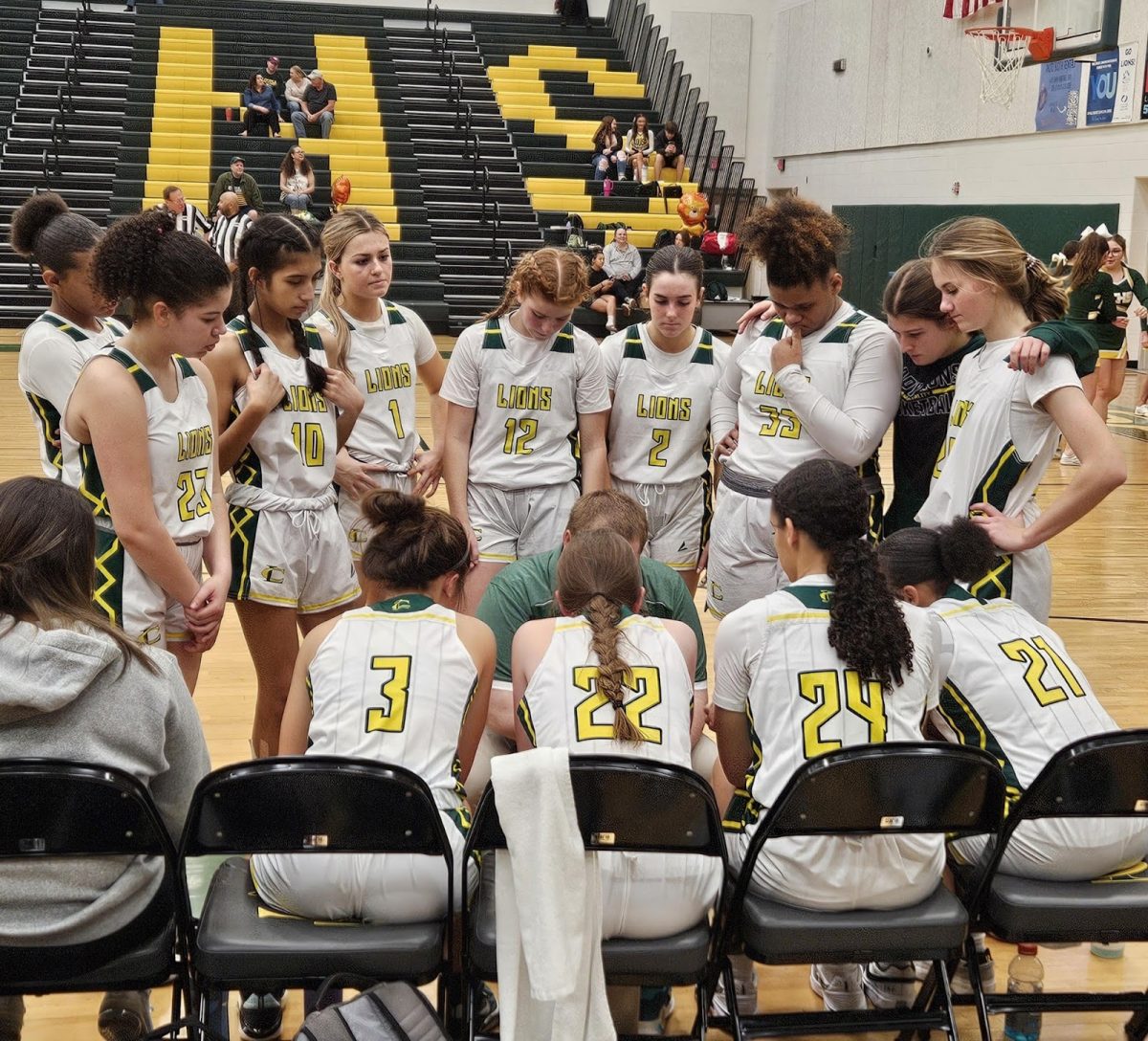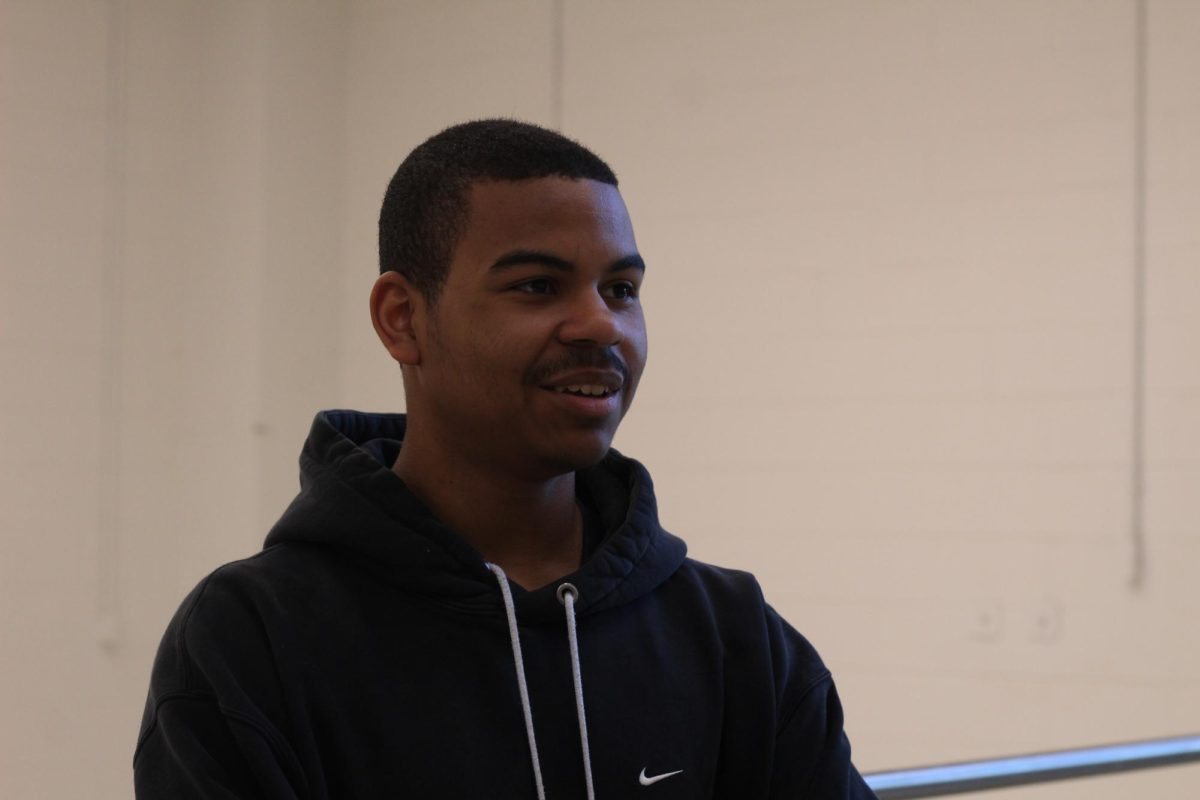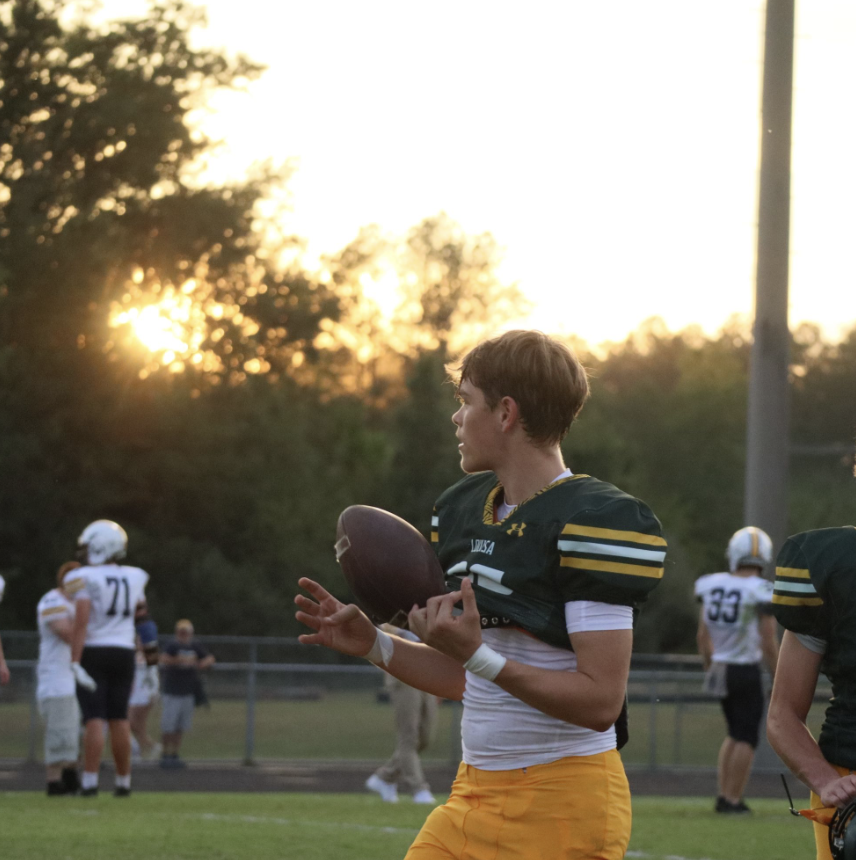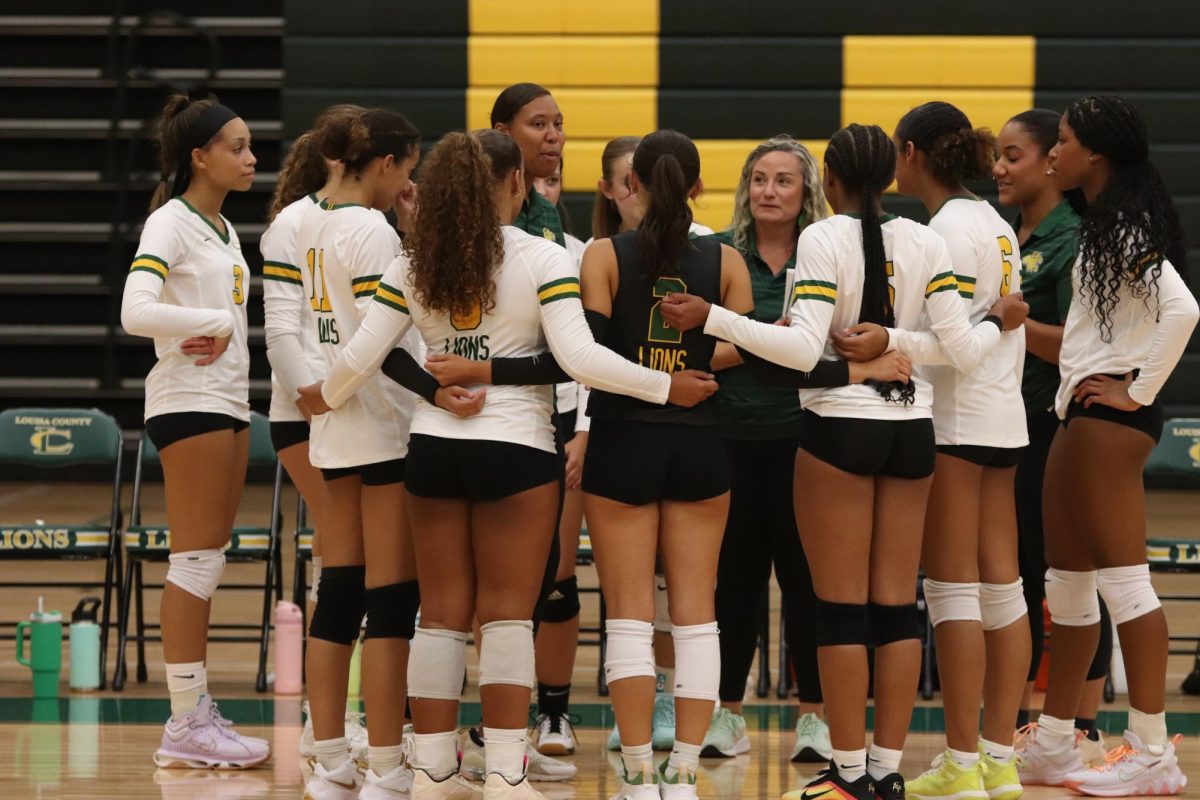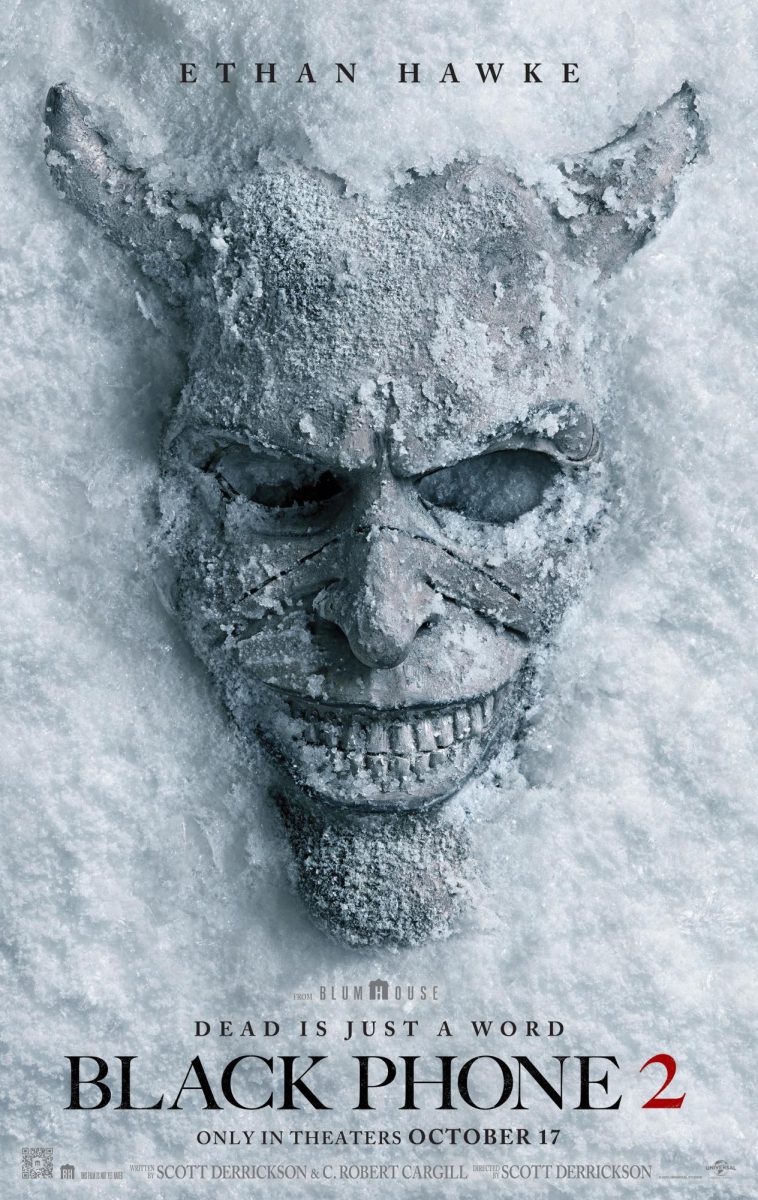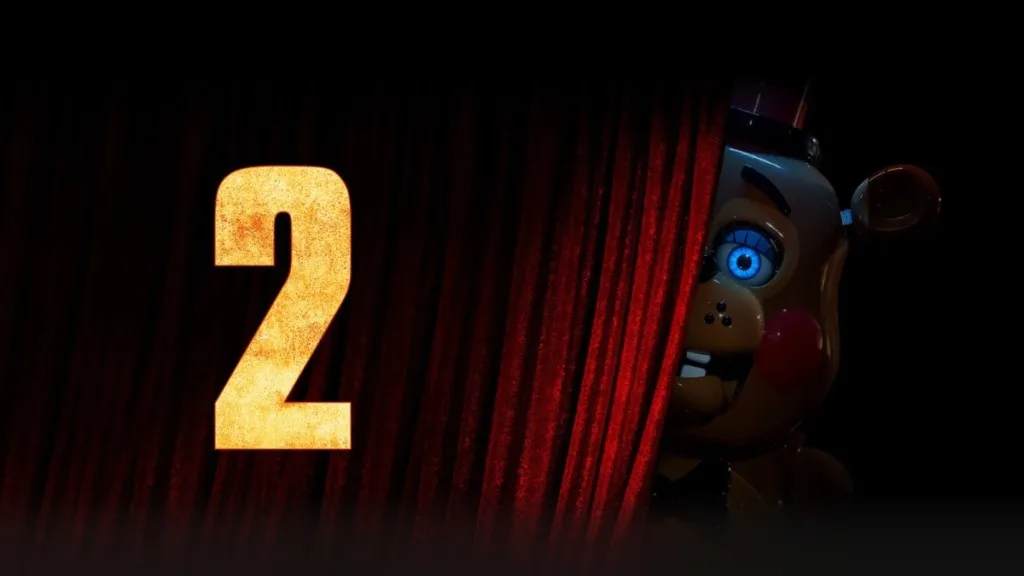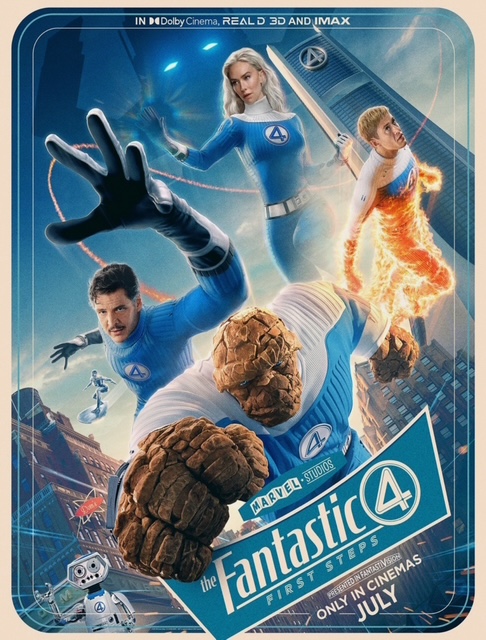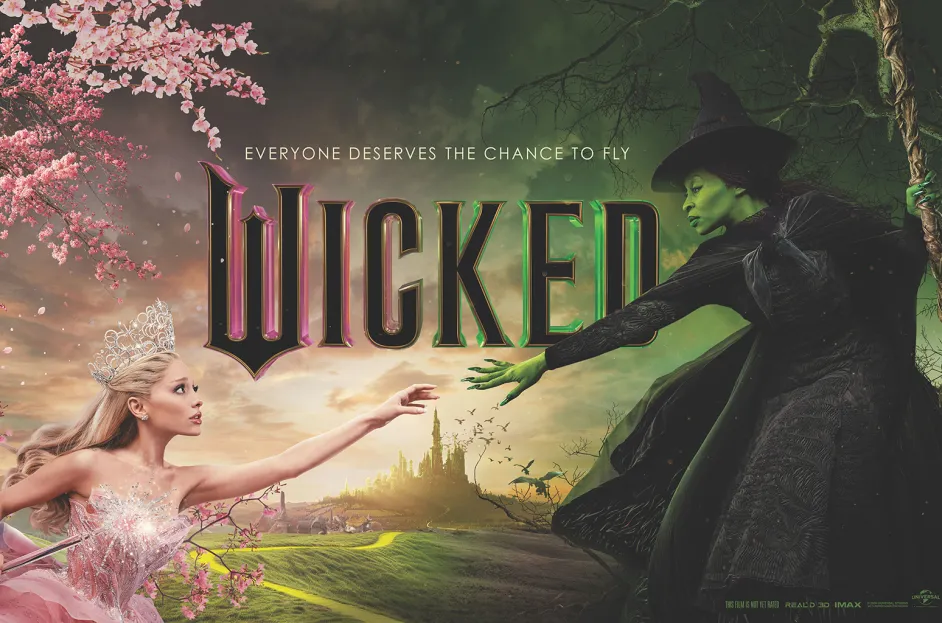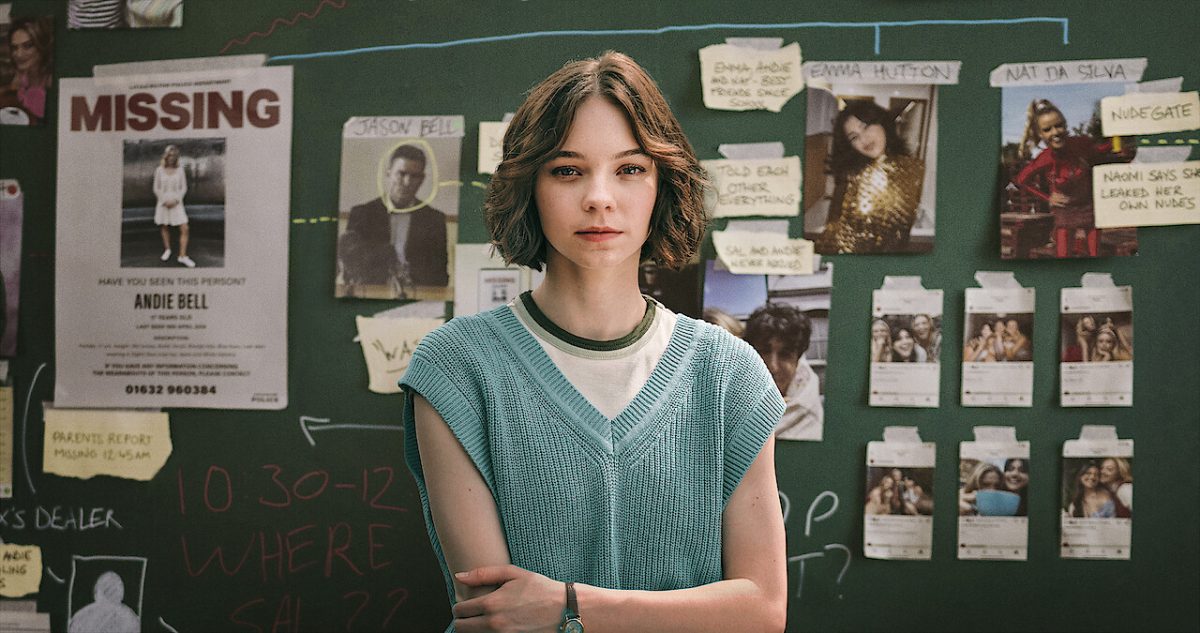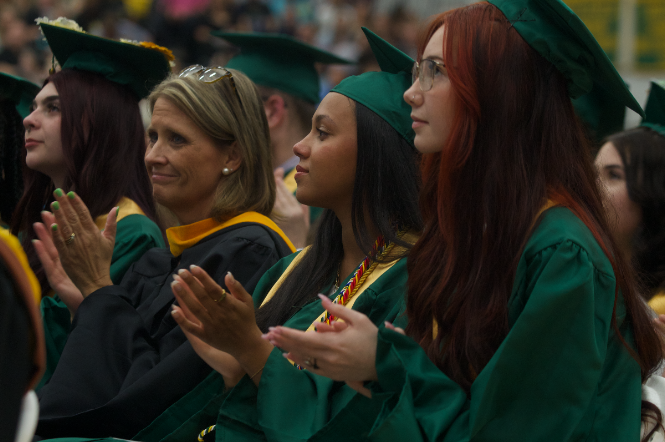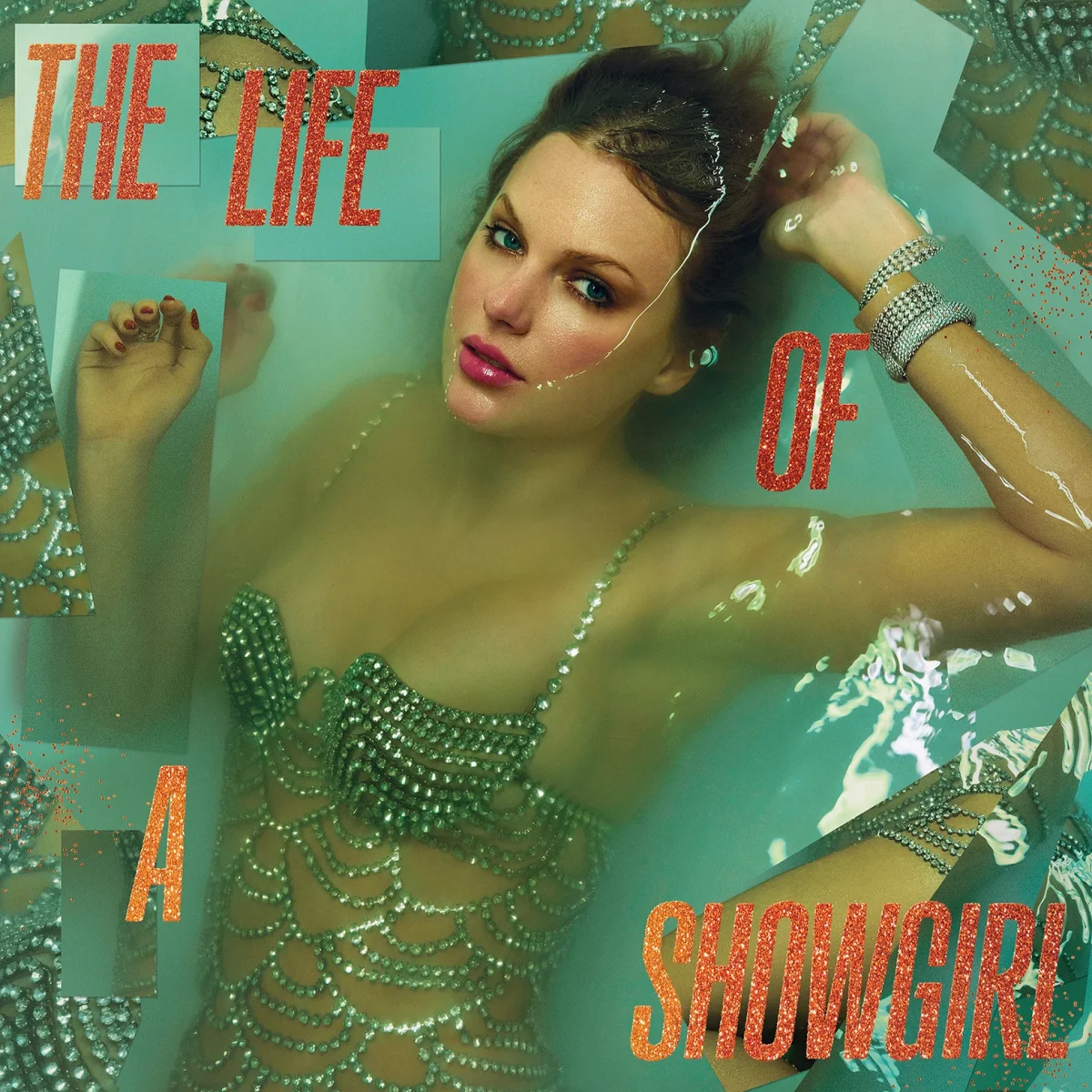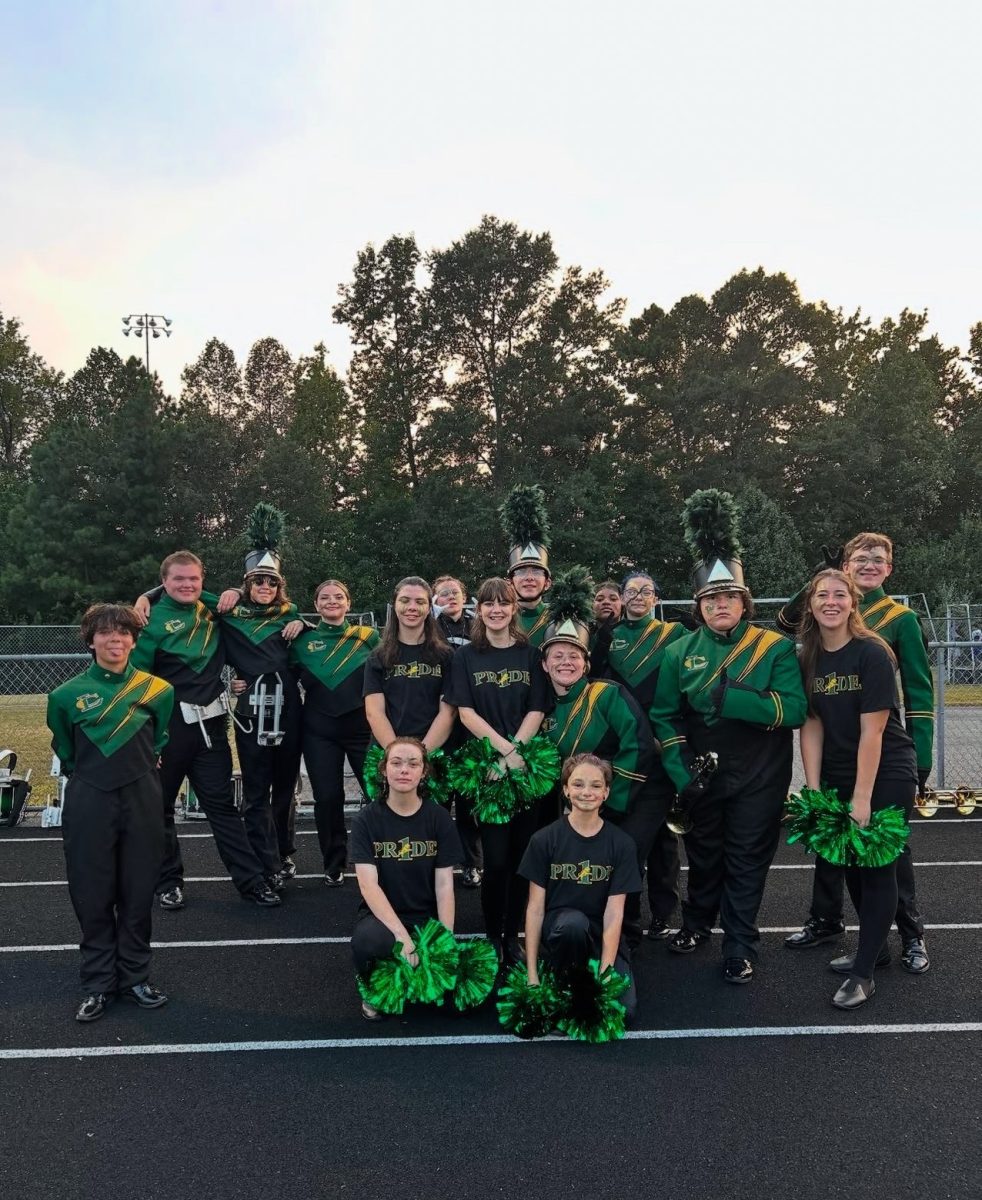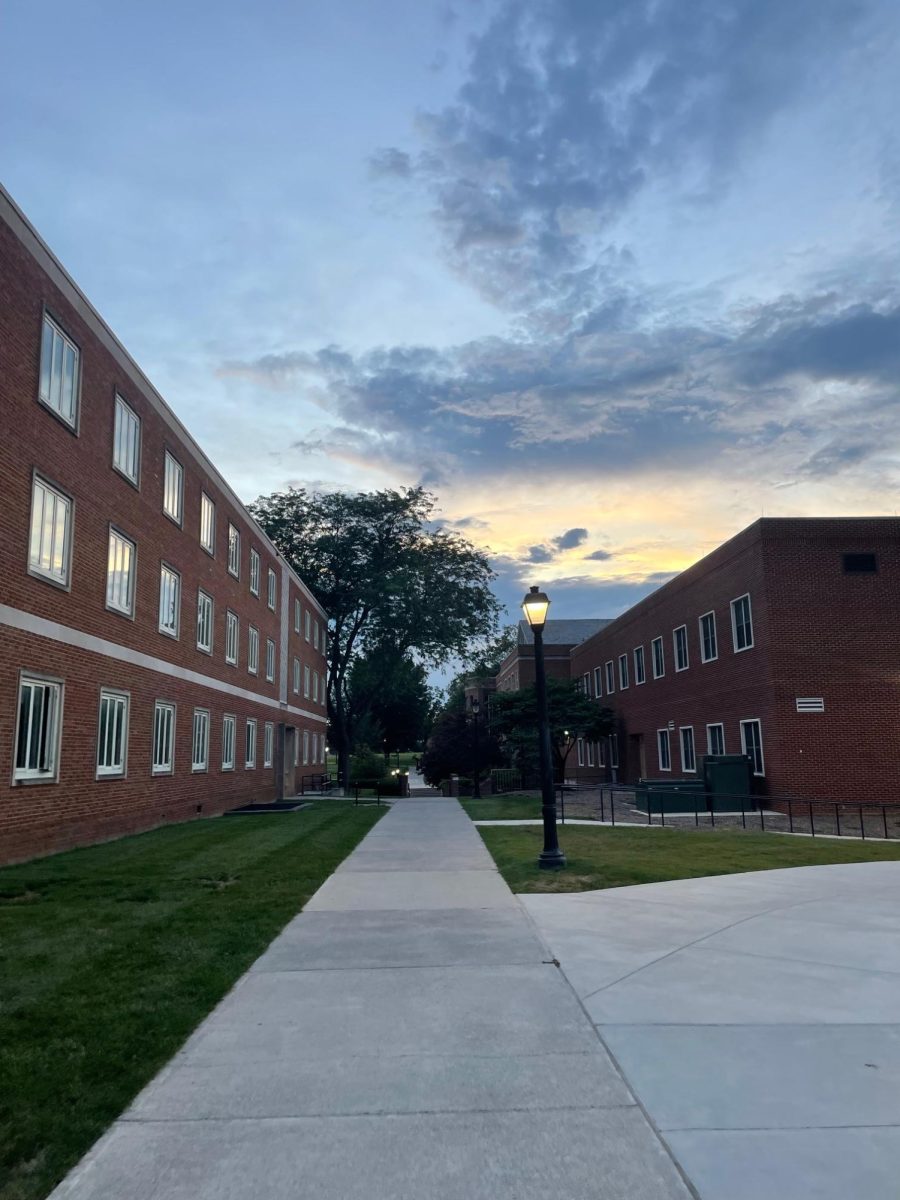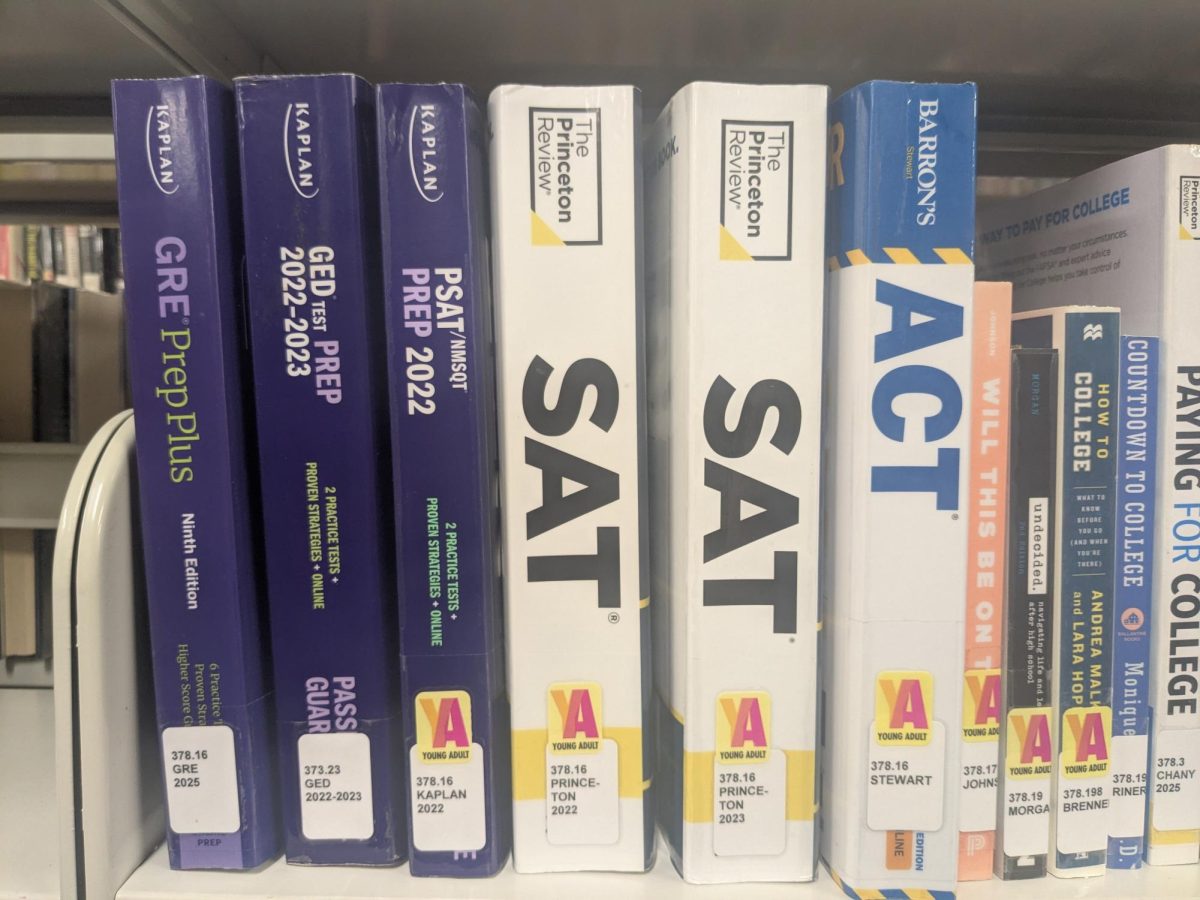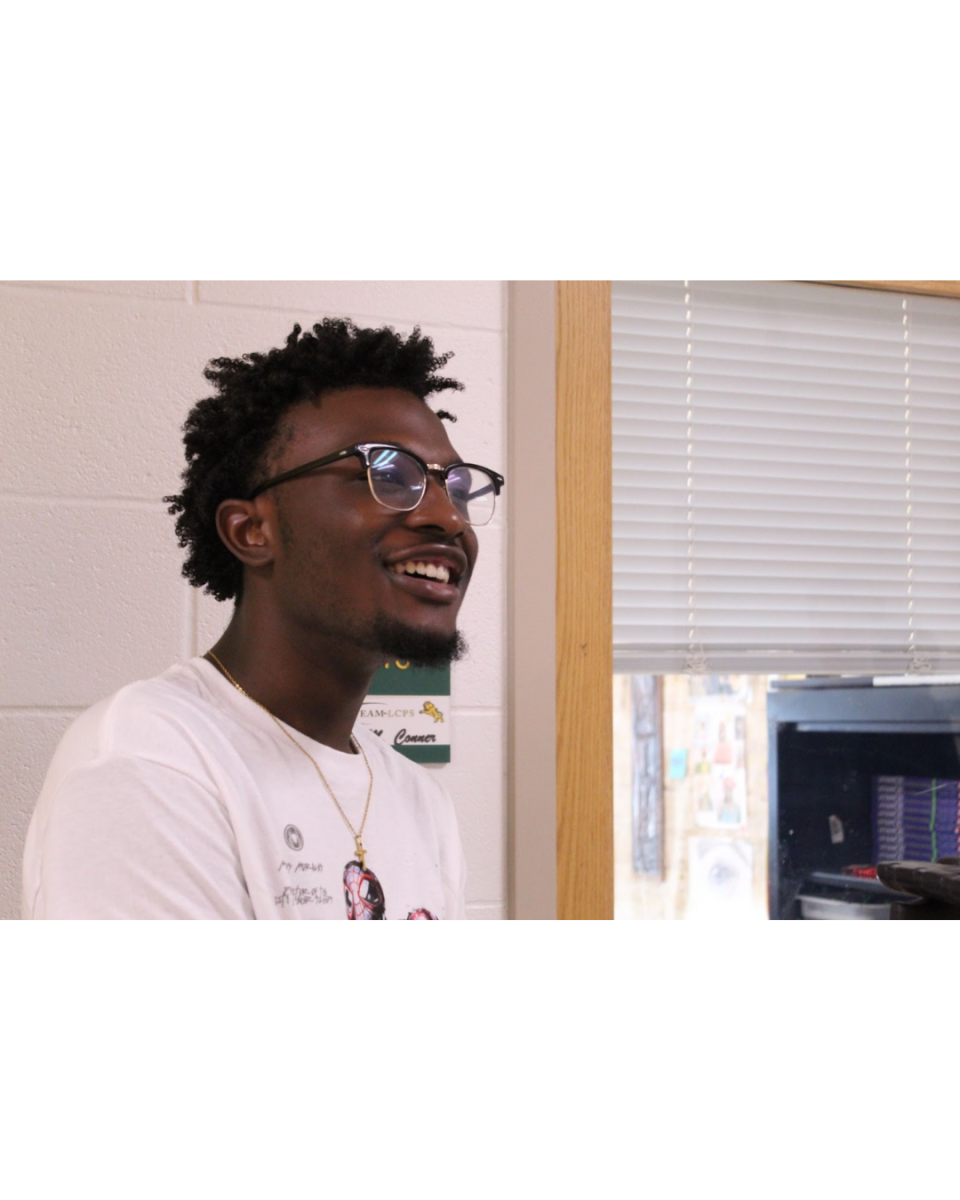The movie “The Blind Side” was a 2009 hit film that told the story of Micheal Oher, a young, homeless African American teen and his adoption by an upper class white family, the Tuohys. It appears, though, that Oher’s story may not have been accurately told.
The film showed Oher’s life before his adoption and how it was altered by the Tuohy family. With the help of the Tuohys, Oher was eventually able to attend the University of Ole Miss, the Tuohy’s alma mater, and was eventually drafted by the NFL team, the Baltimore Ravens.
According to WarnerBrothers, the film was supposed to showcase Oher’s story and how the generosity of the Tuohy family was able to elevate and change Oher’s life, from a life of poverty and uncertainty to success.
However, in the early months of 2023, this perspective was altered by none other than Oher himself.
The ensuing controversy entails the paperwork Oher signed when he turned 18. The film stated that the paperwork signed involved Oher’s adoption; however, Oher states the paperwork he signed was a conservatorship.
A conservatorship is an agreement or contract that gives guardianship rights to a person or family over another person. This dispute between Oher and the Tuohys shares similarities to the incident between Britany Spears and her father. In Oher’s case, the agreement gave the Tuohy family guardianship rights over Oher.
According to Oher’s legal filing, provided by CBS Sports, “Michael Oher discovered this lie to his chagrin and embarrassment in February of 2023, when he learned that the Conservatorship to which he consented on the basis that doing so would make him a member of the Tuohy family, in fact provided him no familial relationship with the Tuohys.”
One crucial detail about a conservatorship is finance. The conservatorship, signed by Oher, gave the Tuohy family rights to Oher’s name along with the money earned from the movie and other items with Oher’s name/likeness. This is the root of the controversy and what led Oher to file a petition against the family.
Junior Avary Harris and Teacher and Coach Meredith Williamson have conflicting thoughts on this topic and find various aspects of the legal filing to be inconsistent or suspicious.

“ I feel that if all of that was going on, then why did you put on a fake smile during the movie, and years later,” Harris said.
Williamson’s initial response to the film is positive, yet she recognizes Hollywood’s likely influence on Oher’s experiences.
“I really enjoyed the movie,” Williamson said. “But I took it as a fanciful idea because a lot of times you have an author or screenwriter take some liberties with whatever they are feeling at the time.”



